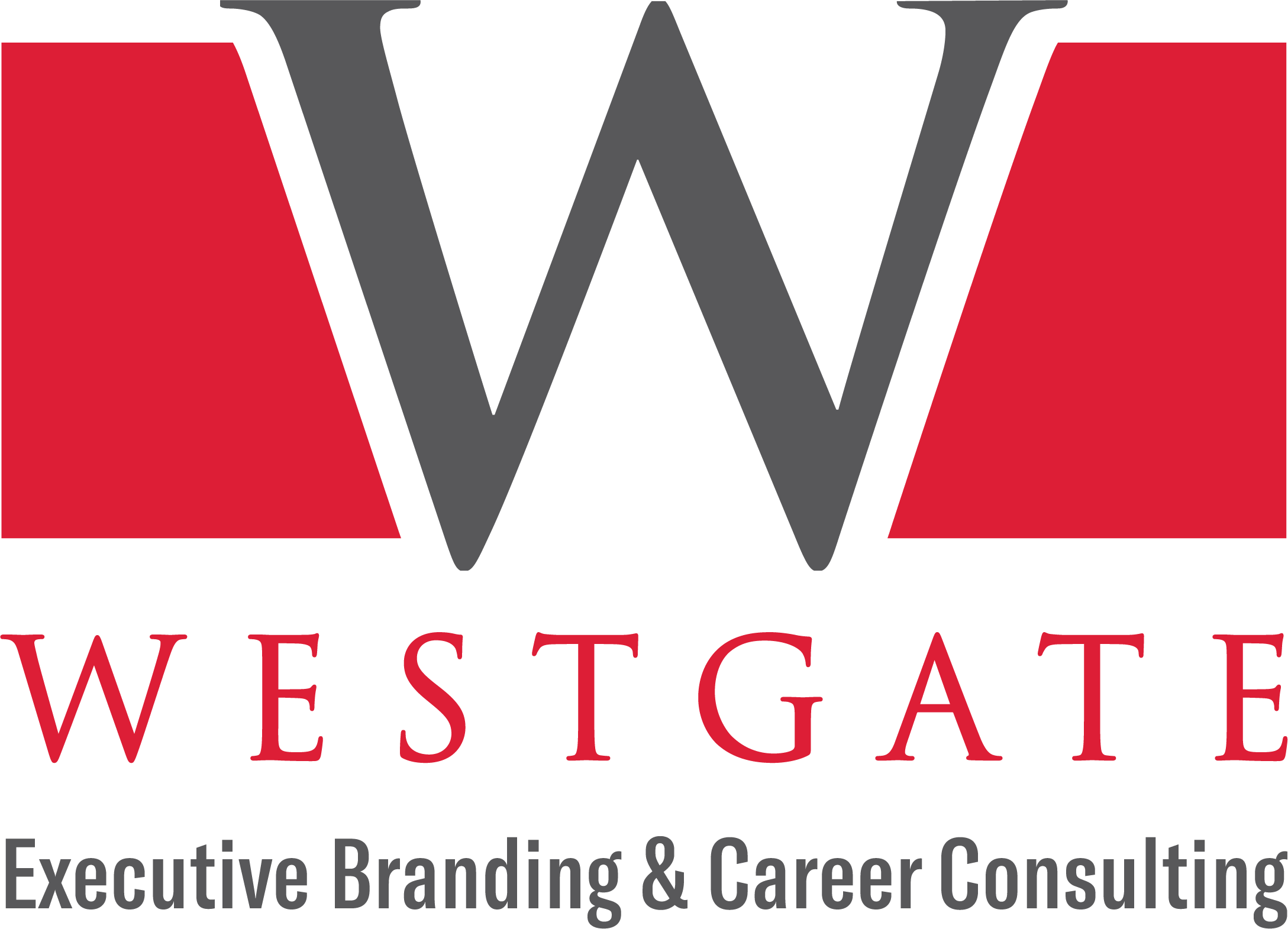 According to an article published in CIO.com, 75% of qualified candidates are screened out of corporate job openings simply because their resumes do not match the job postings. On the bright side, there is a relatively easy fix to this problem (see what recruiters see in your resume when they do a search on their Applicant Tracking Systems–ATS) by using keywords in your executive resume.
According to an article published in CIO.com, 75% of qualified candidates are screened out of corporate job openings simply because their resumes do not match the job postings. On the bright side, there is a relatively easy fix to this problem (see what recruiters see in your resume when they do a search on their Applicant Tracking Systems–ATS) by using keywords in your executive resume.
You have likely heard stories or experienced the phenomenon in which you know you match the posting perfectly but are not selected for a call-back. Even when the recruiter knows you and knows your skillsets, unless you are perfectly clear what your skills and your experience are in the resume, you may not be considered. There is simply too much data available today in the form of resumes and job applicants for the organization to review all of those resumes individually. The availability of data has created the need for ATS.
Gartner defines big data as high-volume, high-velocity and high-variety information assets that demand cost-effective, innovative forms of information processing for enhanced insight and decision making. Herein lies the complexity of the recruiting process: competency matching with job applicants and deciding which applicants are worthy of a conversation.
Although we know that most jobs are never advertised, employers use applicant tracking systems in order to manage the monumental volume of job applications they receive each day. Managing this volume requires an engine that will warehouse and parse information and provide the information the corporate recruiter will need to see in order to decide whether to interview the candidate.
Employers will require applicants—even if they have networked themselves into the organization—to post their resumes on the company’s system. Internal applicants are also required to use the system so that the company will have their information in digital format, for HR auditing purposes and to remain compliant with corporate policies.
Your resume needs to appeal to both human and non-human audiences, so using keywords that match the posting is important. There are other sources of keywords that are important. Industry-specific and even company-specific jargon is important to consider.
For example, companies that use the term “supply chain management” rather than the word “strategic sourcing” will not find a match in your resume, even if you are the ideal match.
Understand the organization’s culture and vocabulary and use these words in your resume. The job description (or posting if you do not have the job description) is indispensable for creating a resume that matches the key requirements in the role.
How you can do this:
While it may be difficult to get an audience with your targeted organization at the preliminary stages of your search, you may find information on YouTube. Marketing information, CEO keynotes and product information will provide valuable insight into the organization. Use these words in your career marketing documents to pack a punch that the human reader will connect with and meet the search terms listed in the corporate ATS.
If you are new to the job search, you know that the playing field has changed. What once was a conversation over a drink or a game of golf to discuss job opportunities has now changed to a data mining exercise for both the employer and the job candidate.
Energize your job search with strategies that are planned with razor precision by understanding the unique skills that corporations are searching for. This is a valuable exercise that will have a good return on investment for your job search.
Bonus Tip:
A properly constructed and key word rich LinkedIn profile that lists key words and phrases that are being considered in your industry and at your level is mission critical. If you’re not sure what those terms are, review job advertisements and even the biographies of those executives on the website of your targeted organization for inspiration. At the senior management and executive levels, any executive today must have a powerful LinkedIn profile and resume.
Image © mindscanner / depositphotos

